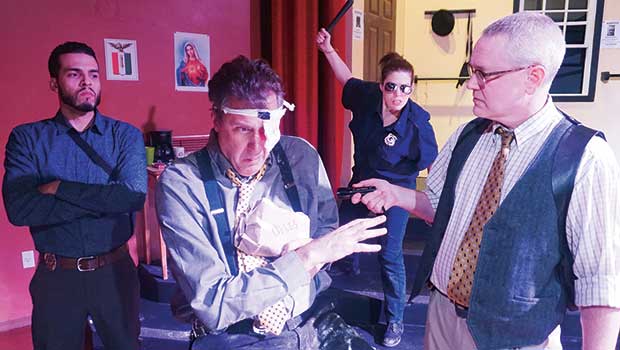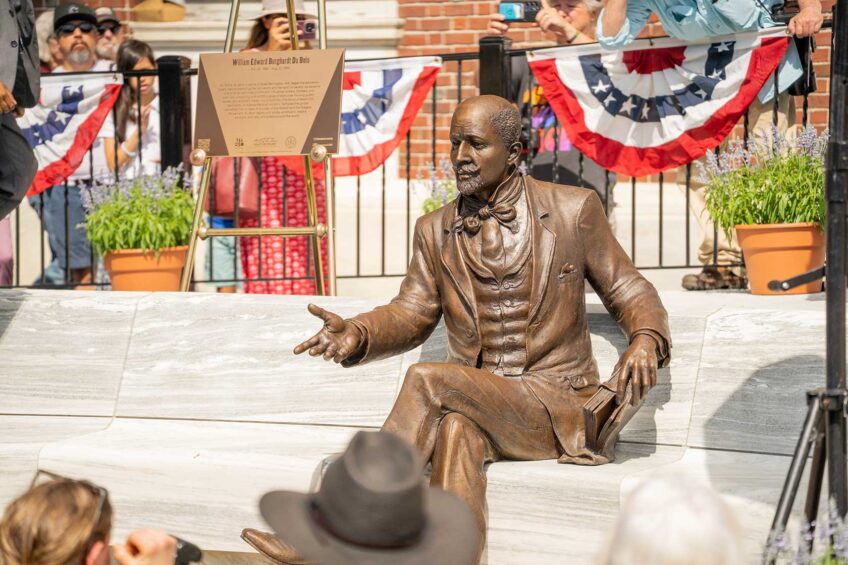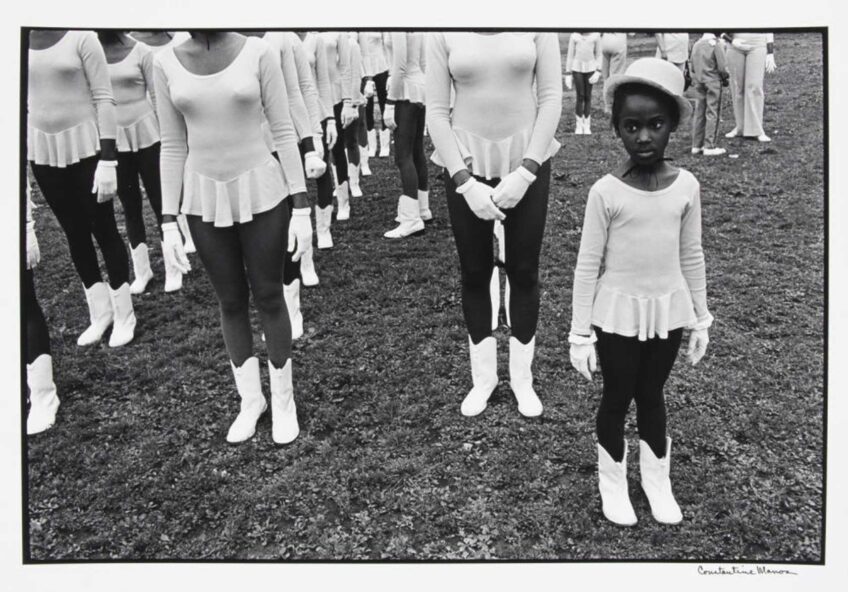Accidental Death of an Anarchist’
Praxis Stage brings comedy to political theater

In their latest production, “Accidental Death of an Anarchist,” Praxis Stage proves that political theater can be as amusing and entertaining as vaudeville, without losing its teeth. Playing through Dec. 17 at First Church Boston, the play by Dario Fo follows an eccentric revolutionary using trickery to expose police brutality.
Fo wrote the play in 1970 about a true incident at an Italian police station in 1969. A railway worker was arrested, accused of anarchist bombings and then “fell” out the fourth floor window of the station. He was later cleared of all charges. Though the script was about a very specific incident, Fo encouraged future performers to alter it to suit their own circumstances.
Praxis updated the script in some ways, infusing it with allusions to “alternative facts” and the Trump administration. Director James Peter Sotis says, “We try not to make it too heavy handed, while peppering it with contemporary references.”
Many lines in the script are strikingly relevant without change. In one scene, The Maniac, as the revolutionary is called, berates an officer for being so rude to the dead man’s widow when she asked why she was not informed of her husband’s death. This of course brings to mind President Trump’s behavior toward the Gold Star widow Myeshia Johnson. Sotis says reading this line was a sobering moment for the cast. “That was meant to illustrate an extreme of villainousness. And we just saw it come true,” he says.
Alexander Castillo Nunez delivers a spectacular, impeccable performance as The Maniac. He’s at once flamboyant, hilarious and frightening, bringing the audience in on his jokes and then demanding to know why they’re seeing a play instead of fighting for their rights. When it’s ultimately revealed that he was setting up the police officers to illicit a confession, it begs the question, who really is the madman?
The fourth wall doesn’t exist in this show. Actors, particularly Nunez, talk with the audience, and the cast regularly breaks character to discuss the trials of working in a small theatre group. This touch reminds the audience that the content presented here really isn’t a performance; it’s the world we live in.
“Accidental Death of an Anarchist” is absurdism put to the best use possible. The show achieves just the right amount of humor and levity. It provides a cathartic relief and a call to action. Sotis says, “You can engage by writing letters to your senators, and you can engage by showing up to art that means something.”







